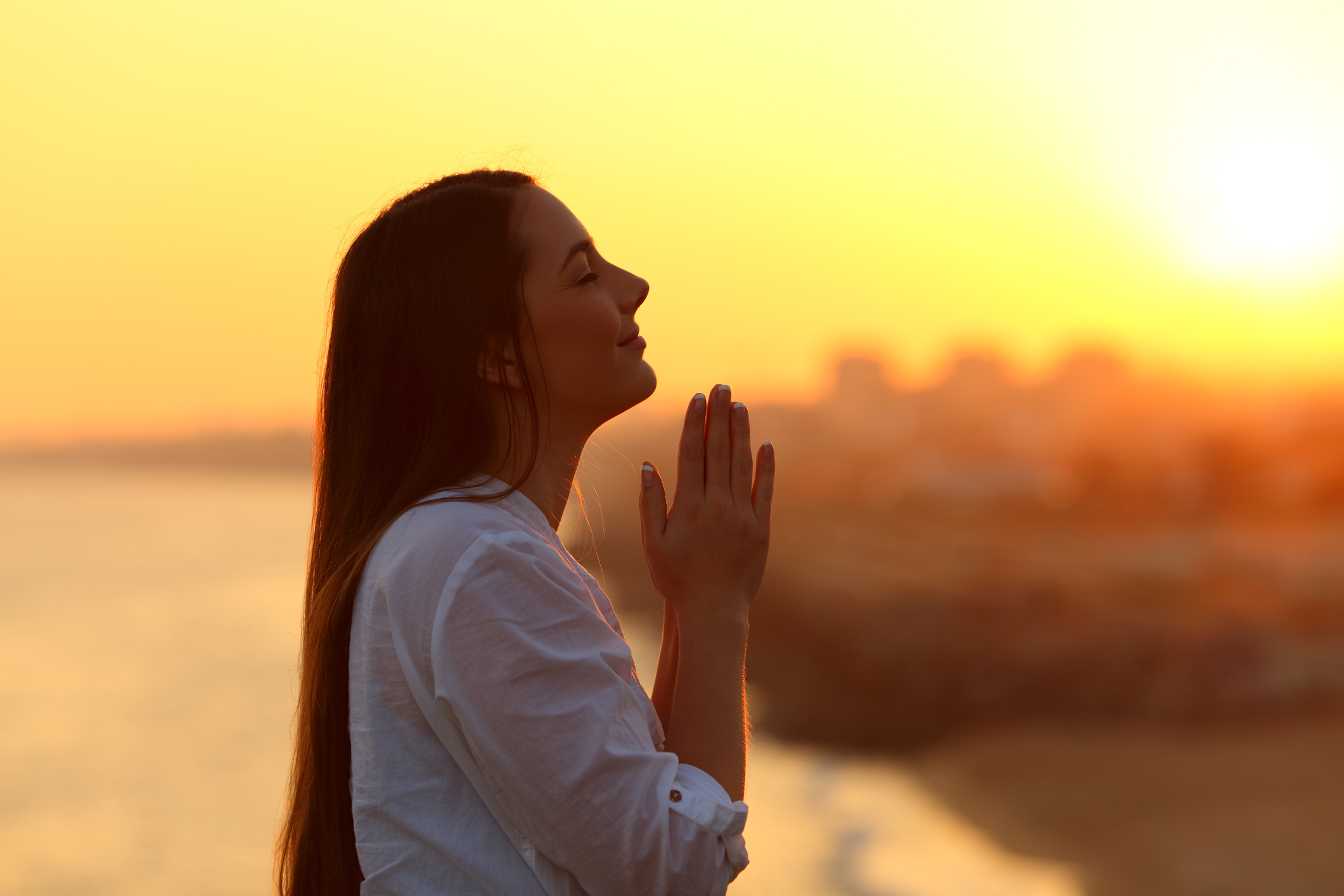Being grateful is beneficial to our mental health … even if it can be difficult

Being grateful is the strongest emotion out of all human emotions. Based on my own observations, we undervalue the art of being grateful and appreciative, in spite of the fact that these attitudes are so essential to our mental health.
People who are grateful are able to see and appreciate the good things in life. It goes without saying that it is easy to be grateful when all is going well, but even then we have the tendency to take things, such as security, health and our support systems for granted. It is only when we suddenly lose these things that we realise how important they were.
Maybe this is the key to gratitude: it comes more easily to those who have learnt, or have been forced, to take note of the details, such as the fleeting smile on a stranger’s face. It is easy to forget how significant small acts of gratitude can be, especially when things are going wrong.
Having said this, it is sometimes much easier to be grateful for little things when things are going wrong. This is so when there does not seem to be much to be grateful for.
Some people may tell you that when they learn to be grateful for what they have, they change the way they experience life. Some may start to enjoy walks in the countryside or by the sea or simply appreciate the beauty of bird song. All of these things cannot be taken for granted, on the contrary.
Those who focus on what is lacking in their lives will never be satisfied. It is normal to complain; sometimes we need to get things off our chest. Psychologists say that when we focus on our shortcomings, this becomes our basic attitude. And this is where the trouble starts.
The good news is that a change in perspective and learning to appreciate those special moments is a conscious decision that anyone can make. But we need to practice this conscious decision on a regular basis. Gratitude is like a muscle – it can be trained. This training would benefit us, especially in the bad times.
